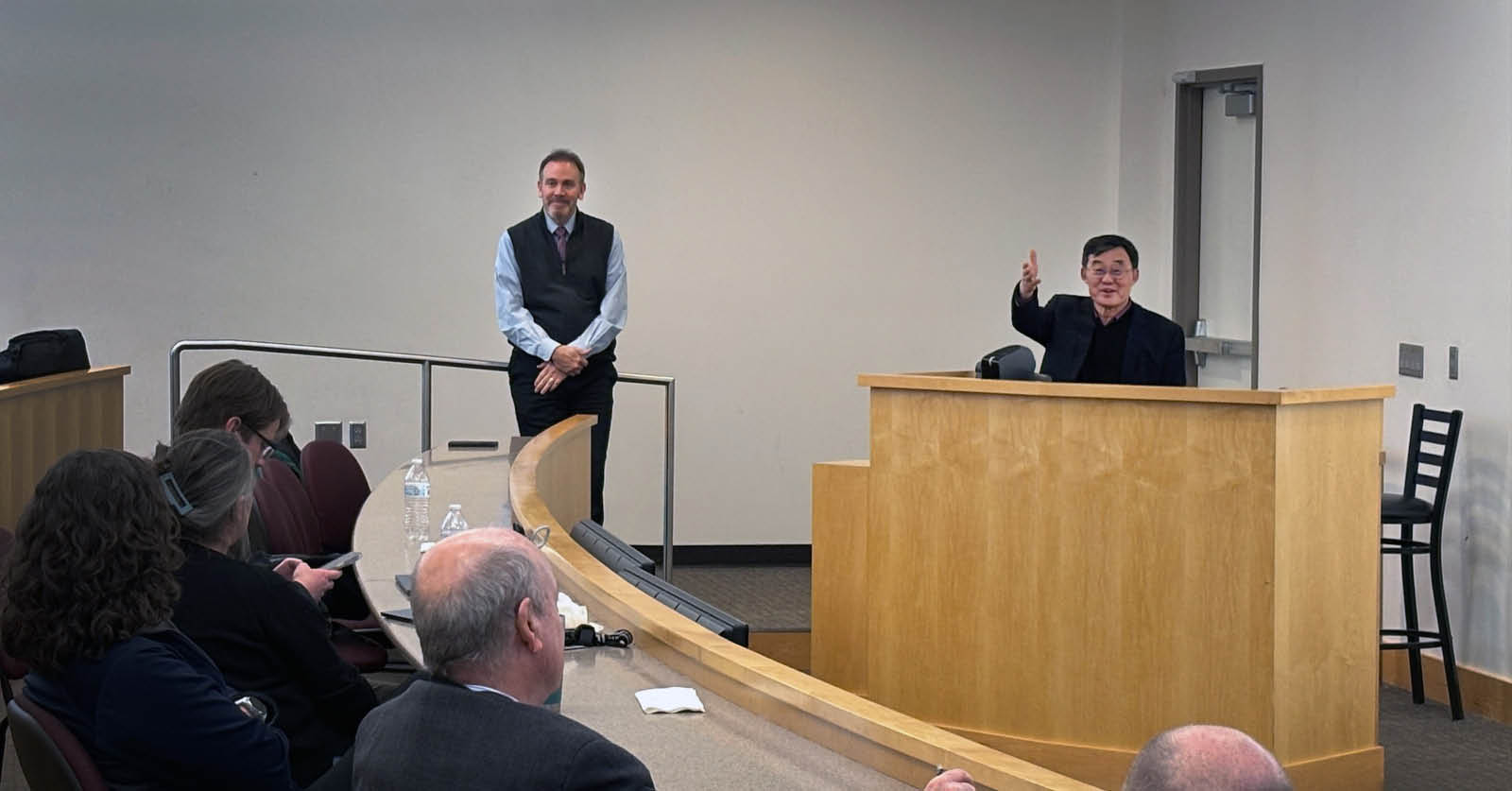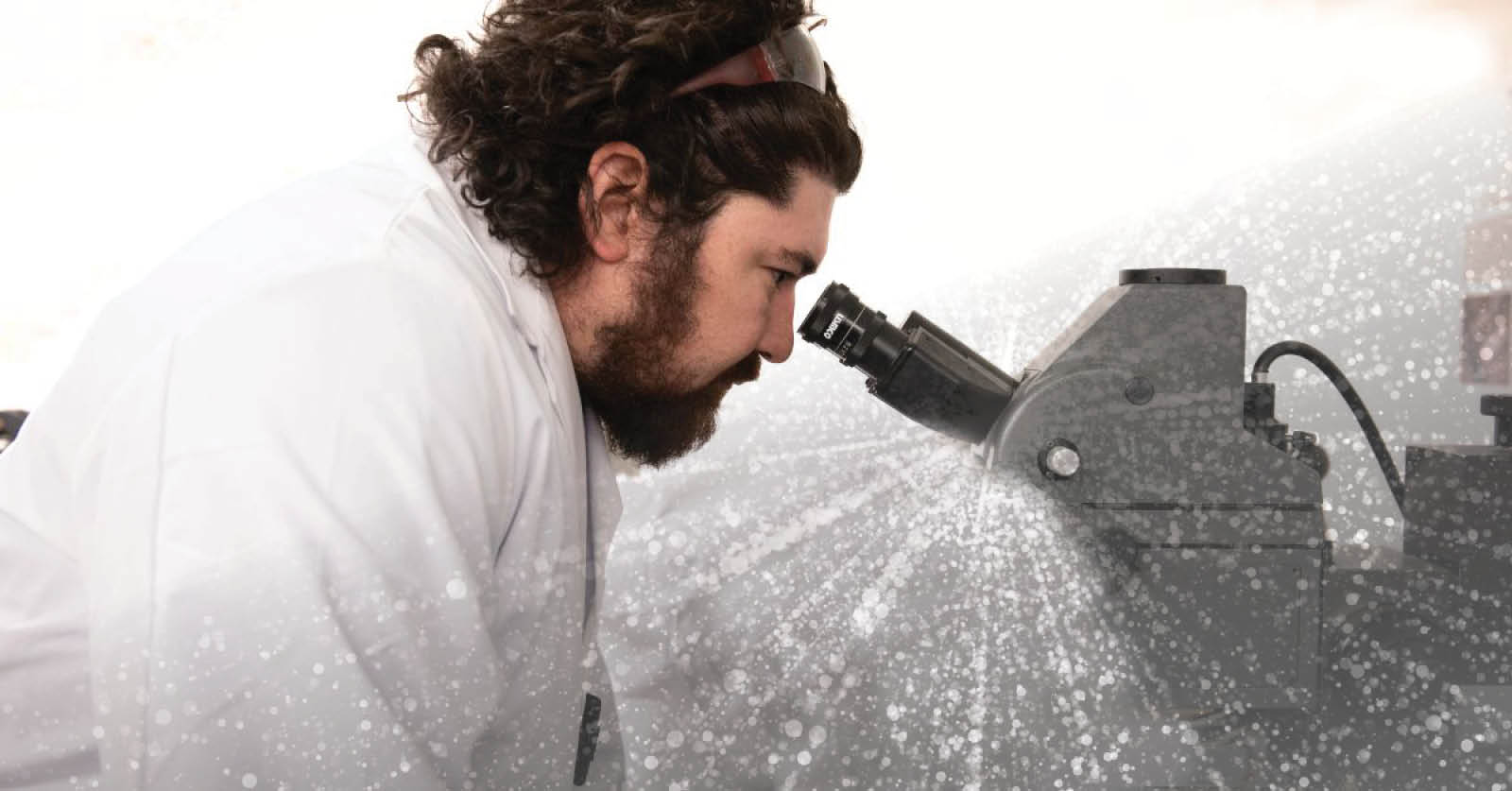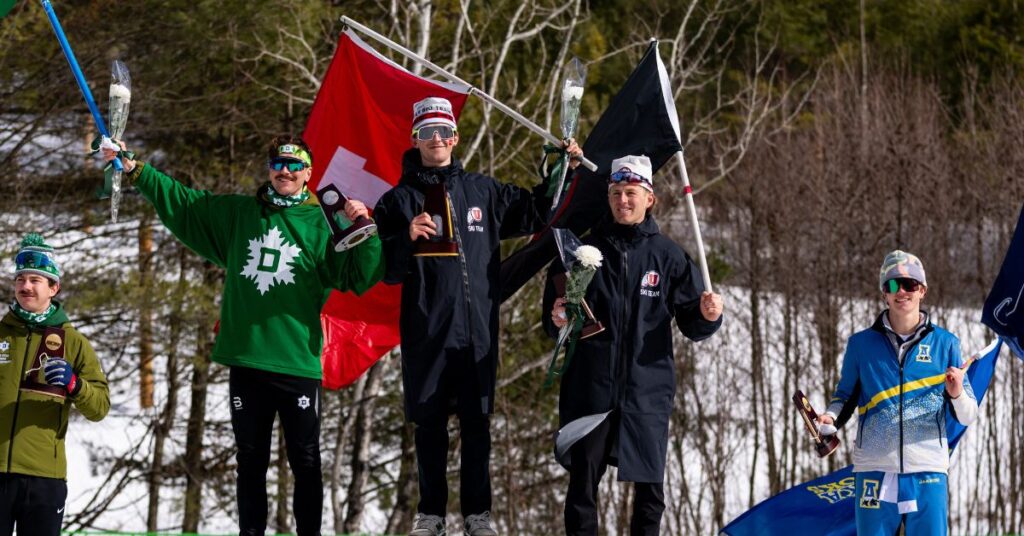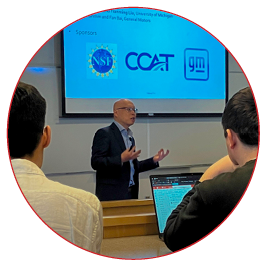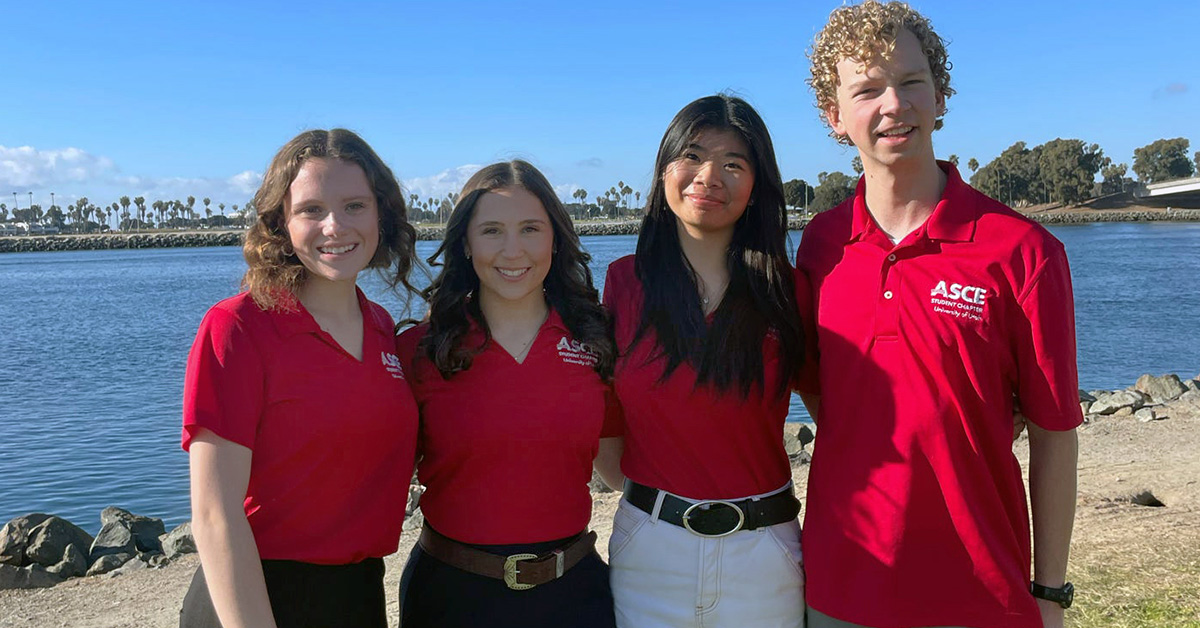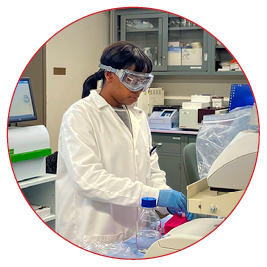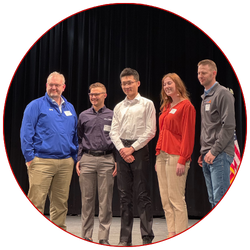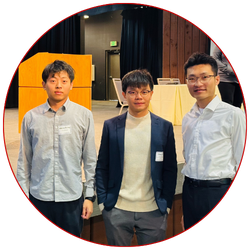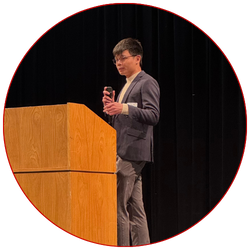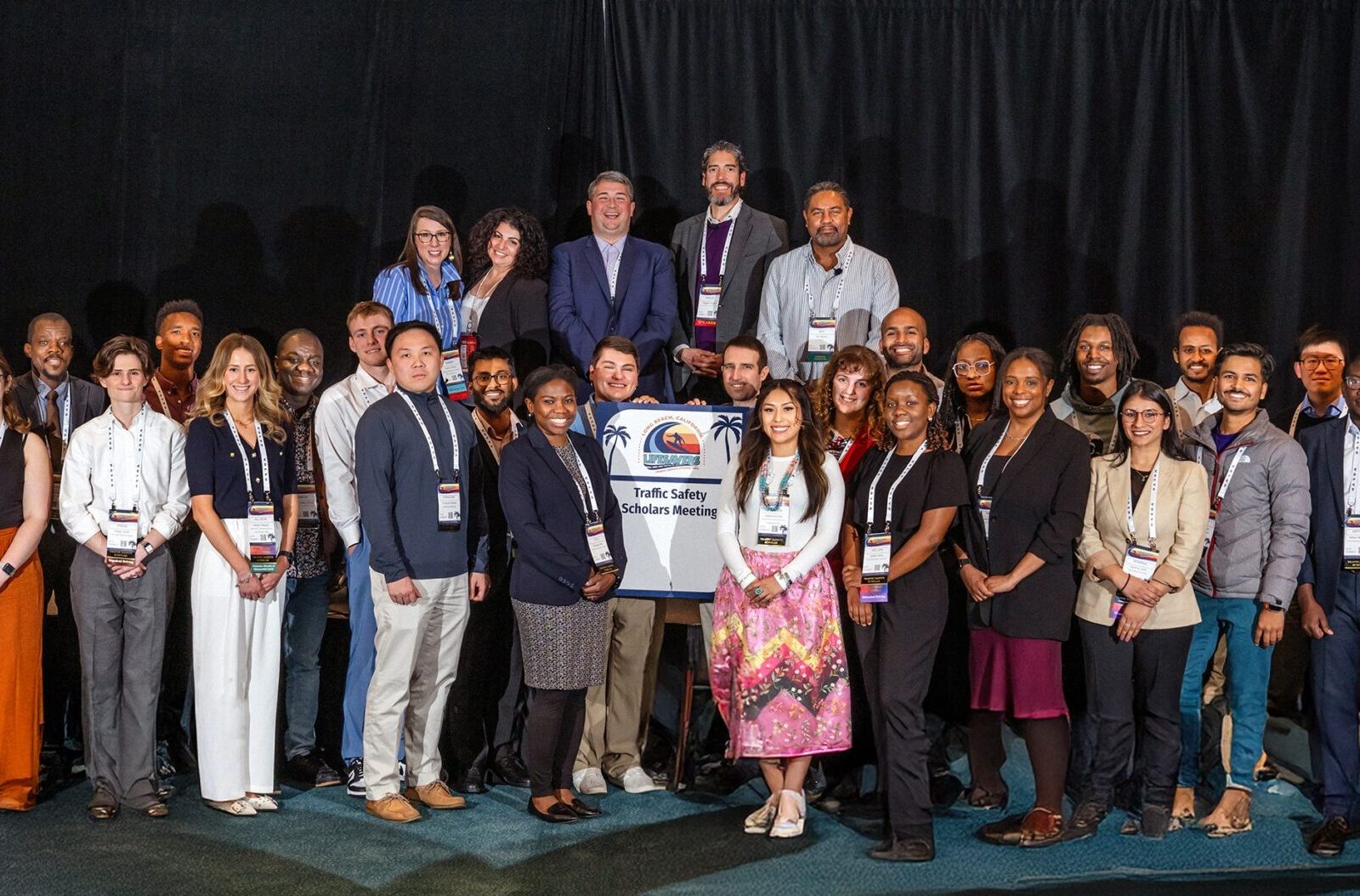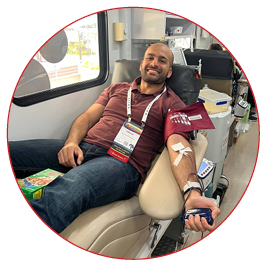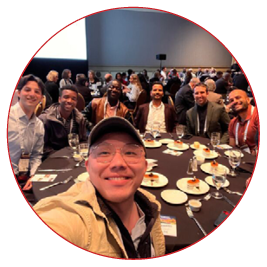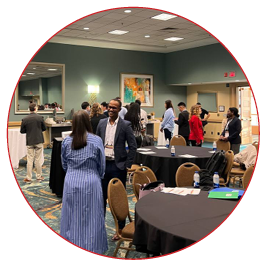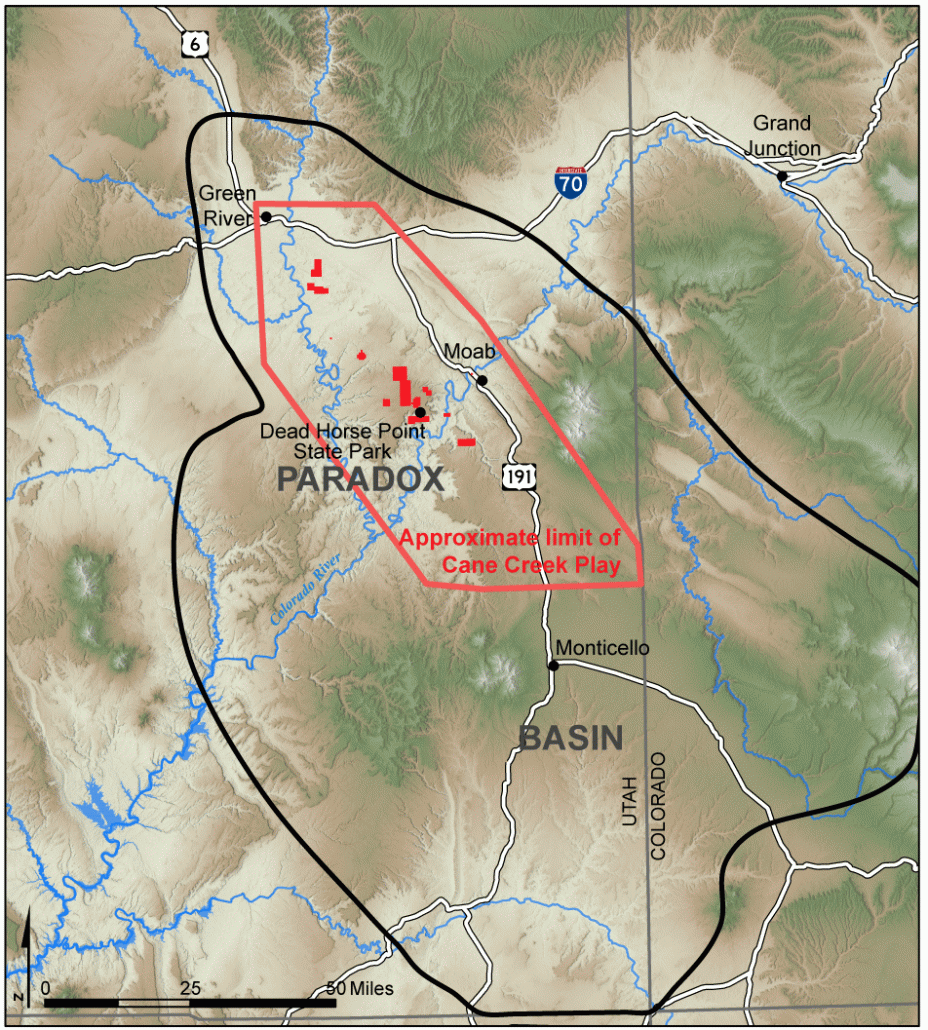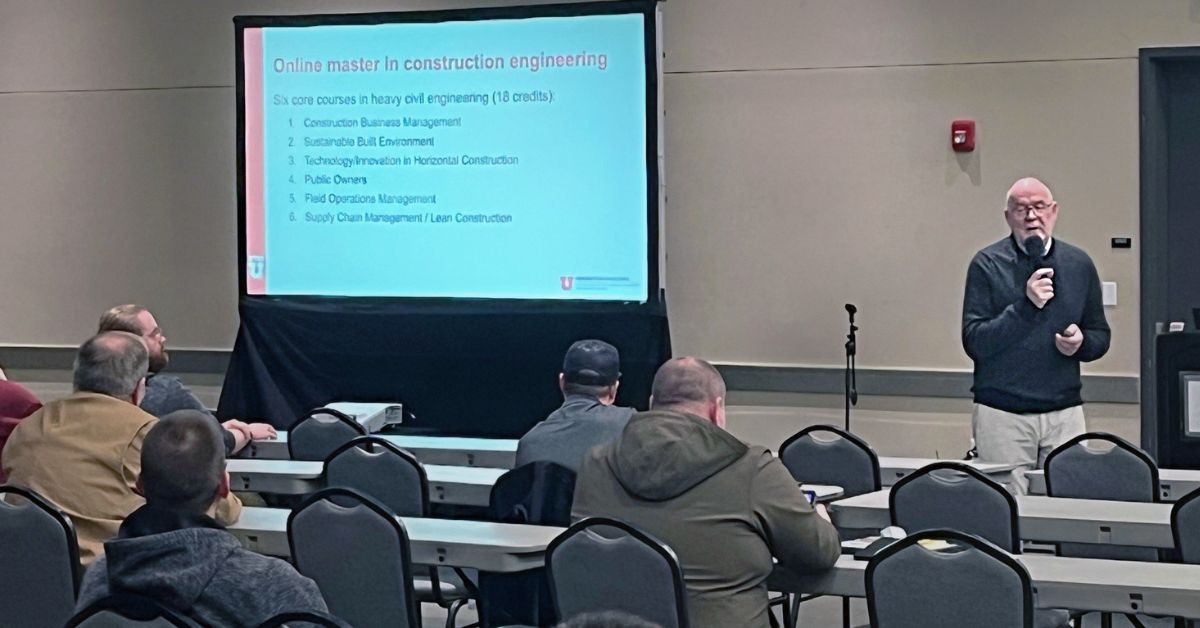Few names are as synonymous with engineering and leadership excellence in Utah as Ron Reaveley. On April 22, 2025, the University of Utah’s Department of Civil & Environmental Engineering and the Structural Engineers Association of Utah (SEAU) proudly co-hosted the inaugural event of our Distinguished Structural Engineering Lecture Series. This special evening featured Ron Reaveley, Founder of Reaveley Engineers, one of Utah’s most influential structural engineering firms.
In his talk, "A 60 Year Perspective on Advancements in Earthquake Design in Utah," Ron shared insights from a career defined by engineering intuition, business acumen, and industry leadership. With decades of experience and a reputation for recognizing quality design at a glance, Ron offered a powerful reflection on how validation processes can drive innovation forward in structural and geotechnical engineering.
Ron founded Reaveley Engineers at the age of 30, bringing nearly eight years of experience and a strong vision for what engineering practice could be in Utah. His brother, Larry Reaveley, a long-time faculty member and former Chair of the Civil & Environmental Engineering (CvEEN) department at the University of Utah, also played a pivotal role in shaping the company’s legacy. Larry was known for identifying exceptional talent and creating a “pipeline” of skilled engineers from the U to Reaveley Engineers—strengthening ties between academia and practice.
The event drew a strong turnout of professionals, faculty, and students, reflecting the deep respect the structural engineering community has for Ron’s contributions and the Reaveley legacy.
It was an honor to host Ron Reaveley for this first installment of a new series focused on bridging academia and industry.

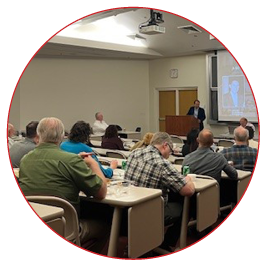
Dr. Tong Qiu, CvEEN Department Chair, introduces Ron Reaveley.
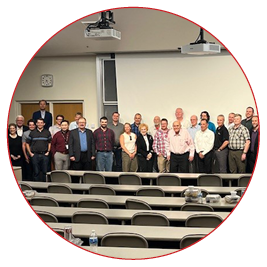
Ron Reaveley, center, with honored guests.
More news from our Department

Hung-Po Cheng is Using AI to Make Roads Safer
Hung-Po Cheng didn’t just come to the University of Utah to earn an engineering Ph.D.—he came to create a real-world impact by making the roads we travel every day just a little safer. With a passion for data-driven safety solutions and a vision for smarter cities, Hung-Po is using artificial intelligence to improve traffic safety. […]
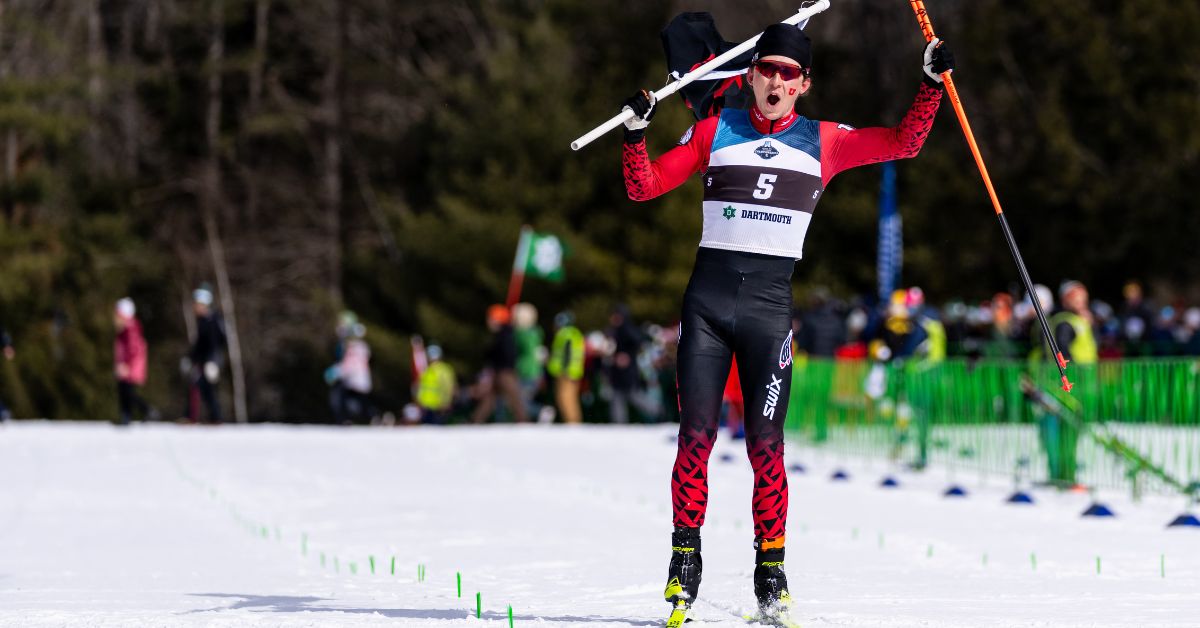
Student Spotlight: Joe Davies Finishes Skiing Career as National Champion
Joe Davies, a Civil & Environmental Engineering student graduating in Fall 2025, capped off his collegiate skiing career in unforgettable fashion—by becoming a national champion. At the 2025 NCAA Championships hosted by Dartmouth College, Davies dominated the 20K freestyle, claiming first place in the men’s race with a commanding lead of over a minute. His […]
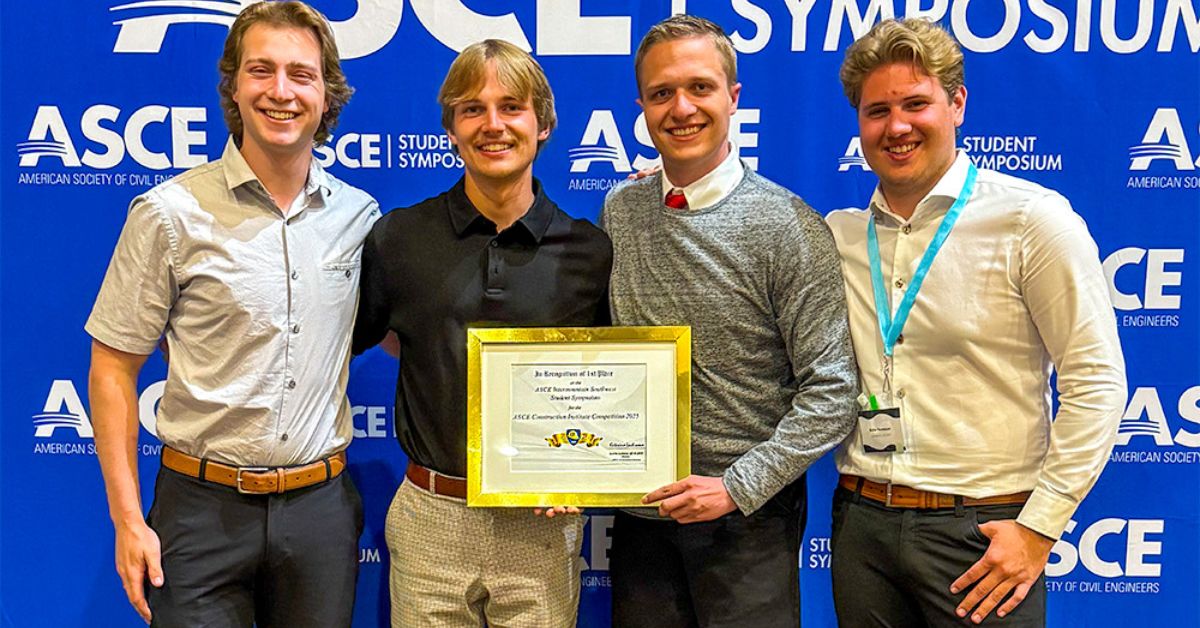
University of Utah ASCE Student Chapter Celebrates Back-to-Back Top Honors
The 2024–2025 academic year was another success for our ASCE Student Chapter, marked by national recognition, regional competition success, and an incredibly active and dedicated student body. Throughout the year, the chapter was led by a passionate group of student leaders and the steady guidance of long-time faculty advisor Dr. Christine Pomeroy. For the second […]
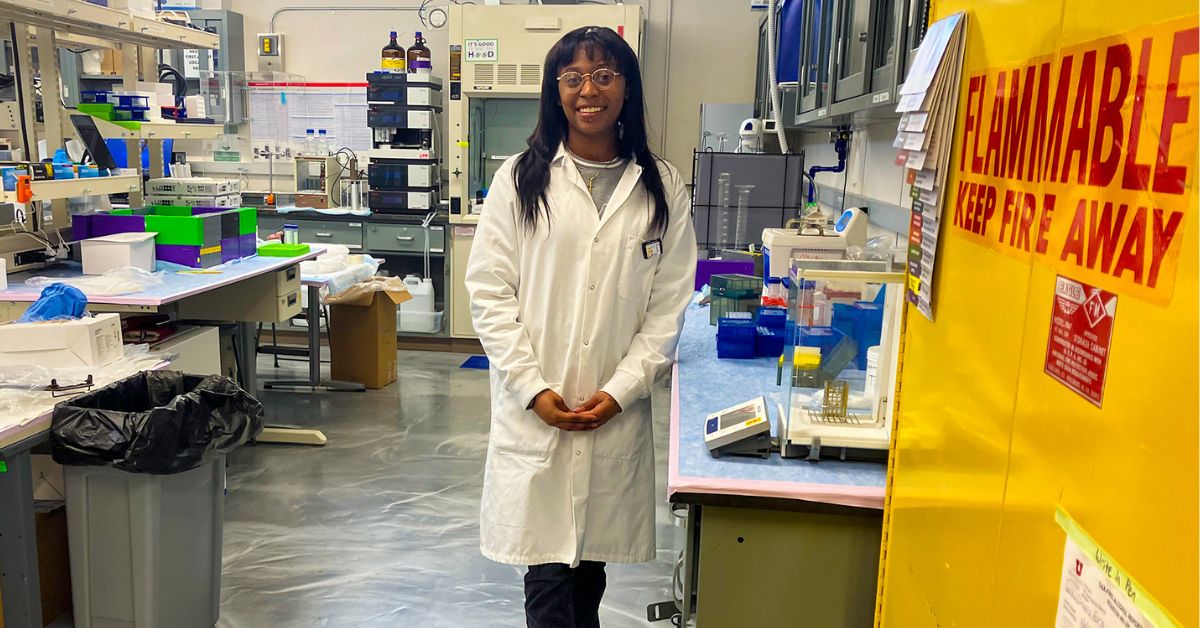
Bridging Nuclear Science and Public Health for Medical Breakthroughs
Cametrius Warren’s Research is Changing Medicine — and Minds. Cametrius Warren leans over a lab bench, carefully handling biological samples as part of her research at the University of Utah. A first-year Ph.D. student, Warren is not only dedicated to advancing nuclear medicine but also to changing the way the world perceives radiation. Originally from […]


